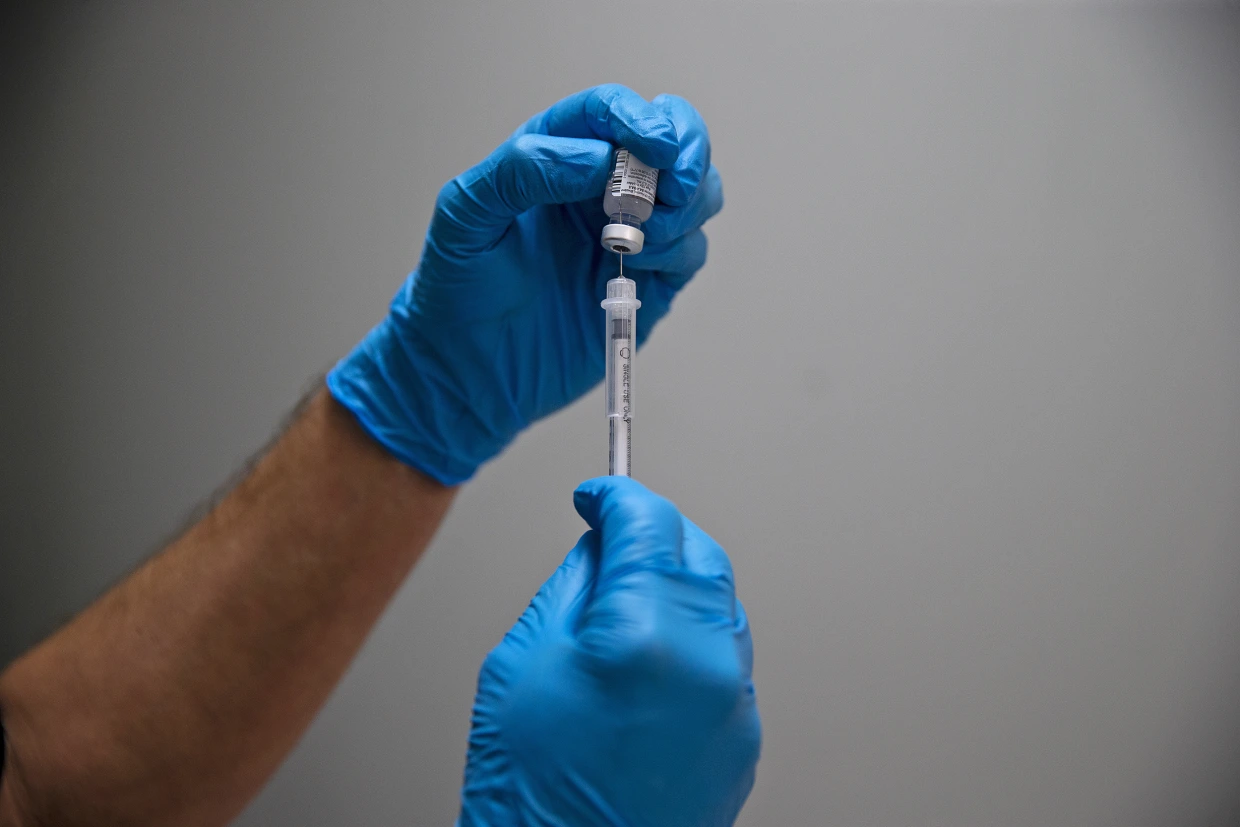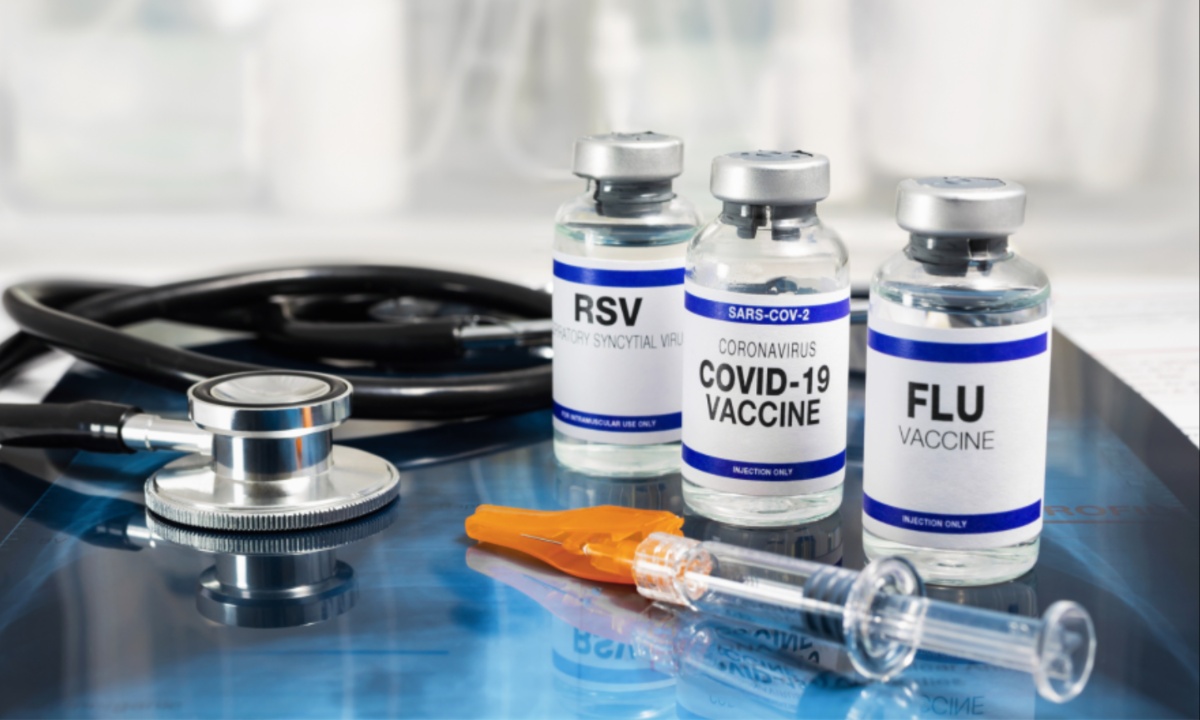The respiratory virus season has begun in the United States, with health officials emphasizing that October is an ideal time to get vaccinated. Vaccines for COVID-19, flu, and RSV are now available, and while the peak of the respiratory virus season usually occurs between December and March, getting vaccinated in the fall provides protection throughout the season. It typically takes about two weeks for the body to build up immunity after vaccination, and the protection can last for several months.
COVID-19 is currently circulating at high levels in the U.S., and the flu season is expected to start soon. Health experts are still trying to understand the patterns of respiratory diseases in the post-pandemic era, but there is already noticeable activity across the country.
According to Janet Hamilton, executive director of the Council of State and Territorial Epidemiologists, it’s crucial to get vaccinated as soon as possible to help prevent severe infections. The Centers for Disease Control and Prevention (CDC) predicts this respiratory season will be similar to last year, which saw a significant number of hospitalizations and more than 200 child deaths from the flu—most of whom were unvaccinated.
Vaccination rates are a key factor in determining the severity of this season. Hamilton stresses that the fall respiratory vaccines can significantly reduce severe infections, prevent hospitalizations, and shorten the duration of illness. The availability of vaccines for COVID-19, flu, and RSV is seen as a vital measure to reduce the burden of respiratory diseases during this time of year. Getting vaccinated can not only protect individuals but also ease the strain on healthcare systems.

The CDC recommends that everyone aged 6 months and older receive a COVID-19 vaccine this season to stay current with the latest variant-specific formulations. mRNA vaccines from Moderna and Pfizer have been updated to target the KP.2 variant, which has been circulating in the U.S. since May.
There is also a traditional protein vaccine from Novavax targeting the JN.1 variant, but it’s only approved for people aged 12 and older. While the effectiveness of these vaccines remains uncertain, last season’s vaccines showed about 54% effectiveness against symptomatic COVID-19 infection.
In addition to the COVID-19 vaccine, the CDC advises everyone aged 6 months and older to get a seasonal flu vaccine. Most individuals need only one dose per year, though children receiving a flu vaccine for the first time should get two doses. For individuals aged 65 and older, there is a higher-dose flu vaccine available to offer enhanced protection.
RSV vaccines are also available, especially for older adults and young children. The CDC has updated its guidelines, recommending that adults 75 and older, and those aged 60 and older with certain medical conditions, receive the RSV vaccine. Pregnant women can also receive an RSV vaccine to protect newborns.
Getting multiple vaccines at once is safe, and the CDC encourages individuals to receive both the COVID-19 and flu vaccines together. There is no need to wait between receiving these vaccines, and they can be administered in the same arm or different arms.
However, those receiving the RSV vaccine along with the flu shot may experience more common side effects like injection site reactions. While there is currently no combination vaccine for COVID-19 and the flu, Moderna plans to seek regulatory approval for one in 2024, which could simplify the process for future seasons.
The vaccines are widely available at pharmacies across the U.S., and individuals can use a federal vaccine locator to find nearby providers. In most cases, the vaccines are covered by private insurance, Medicare, or Medicaid at no out-of-pocket cost.
However, the federal program that previously offered free COVID-19 vaccines for uninsured adults has ended due to a lack of funding. Some state and local health departments are still offering free COVID-19 vaccines to uninsured individuals, with the CDC distributing funding to support this effort.
